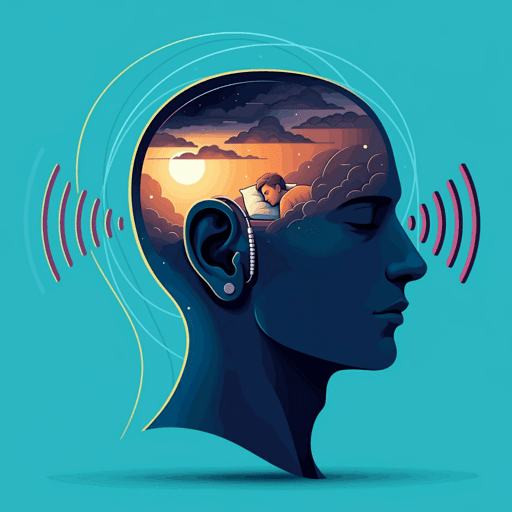
Medicine and Health
Exploring the interplay of depression, sleep quality, and hearing in tinnitus-related handicap: insights from polysomnography and pure-tone audiometry
T. Chang, Y. Yao, et al.
Discover a clinical study using polysomnography and pure-tone audiometry to explore links between tinnitus, hearing, sleep quality, and depression in 100 outpatients. The authors—Ting-Gang Chang, Yi-Ting Yao, Chiann-Yi Hsu, and Ting-Ting Yen—report high rates of depression and obstructive sleep apnea among tinnitus patients and a strong correlation between tinnitus handicap and depressive symptoms.
Related Publications
Explore these studies to deepen your understanding of the subject.







